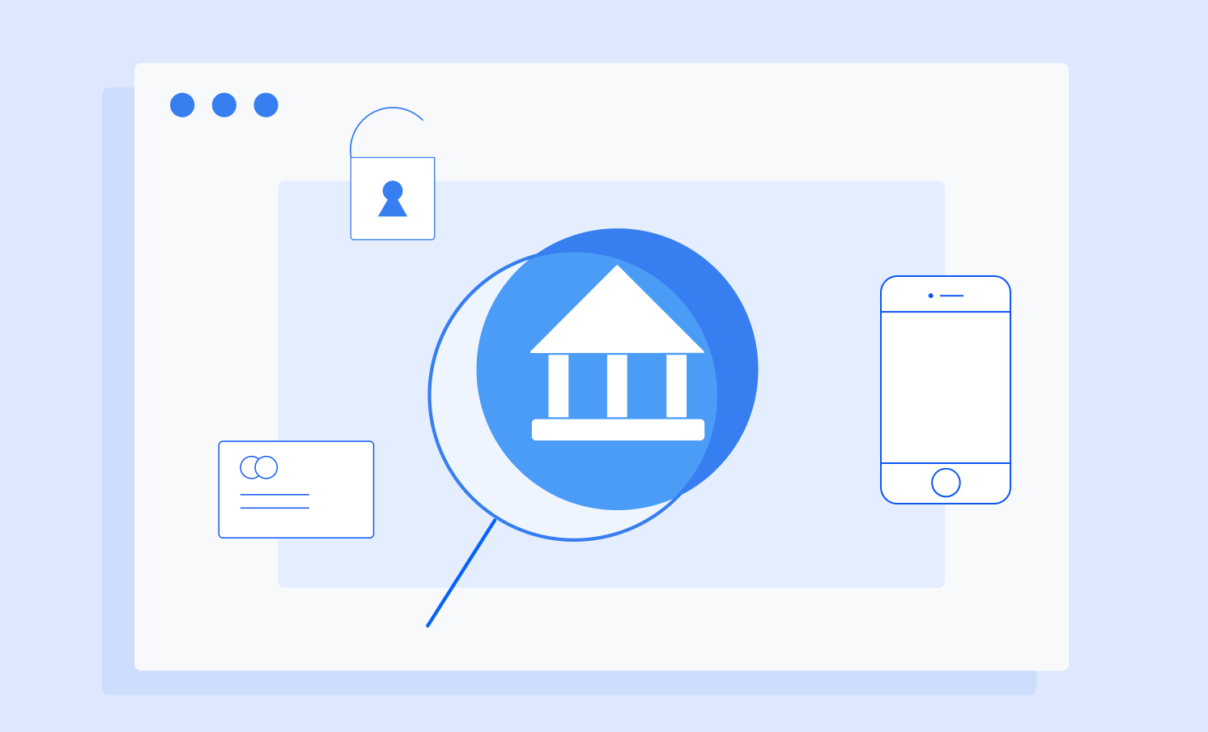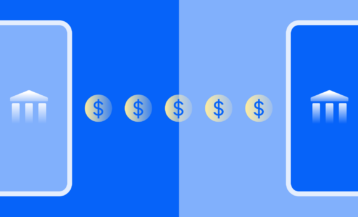Everyone talks about Open Banking, but why should I implement an Open Banking strategy as a fintech company?
Well, let’s start with the definition.
Open Banking is one of the biggest growth and opportunity pillars for fintechs across the globe. It is a system that allows users to share their banking data with third parties on a voluntary basis through an API. With that information, fintech innovators can offer better services for their customers.
But the reality is that only 1 in 3 fintech have significant expertise in Open Banking. The good news is you can easily and seamlessly be part of the movement too.
We give you 5 reasons why you should implement an Open Banking strategy:
🚪1. Reduce dropout rate
When a user signs up for an application, he encounters a lot of obstacles to register, and sometimes, he decides to abandon the process. This is the first contact with a product for a user, hence the importance of doing it automatically so that the user does not have to do it by hand.
💡 For credit providers, instead of asking for payroll receipts in pdf format and having your client go to their bank to get that information, you can ask them to connect all that information inside the app and skip numerous steps without having your users ever leave your platform..
💃2. Improve the user experience
Sometimes users are frustrated by the complexity of the infrastructure and poor user journeys. Through Open Banking, their experience is made better and easier from start to finish.
💡For example, neobanks can auto-fill the data that their customers have in the banks, instead of asking them to fill out forms manually and in several steps.
🤑3. Boost sales
If you offer your customers exactly what they need, it will directly impact your sales numbers.
💡For example, a credit provider can improve conversion in its sales funnel by having more accurate information about its users, thus improving the quantity and quality of data.
👮🏽♀️4. Fraud detection
Are you still asking for pdfs to approve your loans? If your answer is yes, you know how tricky it is to deal with false or modified statements or payroll receipts. You also know how tedious it is to spend hours analyzing and reconciling all this data manually.
With Open Banking you can connect all that information inside your app and thus avoid potential fraud and minimize manual workload for your team.
💡For example, a lender can connect to all banking and non-banking data and extract it in a couple of clicks, instead of having your client go to their bank to get that data.
📊 5. Less time cleaning data, more time analyzing
Personal Finance Management (PFM) fintechs spend almost 40% of their time cleaning up user data.
That's a lot, isn't it?Imagine spending that time analyzing your users’ data to provide them customized financial solutions. This is possible thanks to Open Banking.
💡Increase your users' financial health through account aggregation, better spending analytics and proactive recommendations.
If you still have questions, you can download our Open Banking Uses cases guide.
👉 Download guide: Open Banking Use Cases in Latin America




